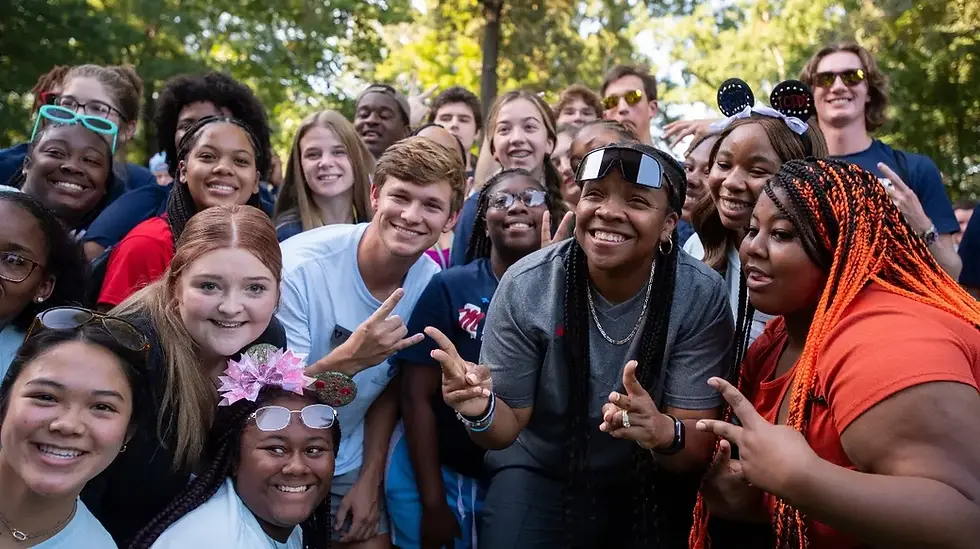Teaching the Chinese Exclusion Act won't end anti-Asian bias
- Joanne Jacobs

- Jan 12, 2024
- 1 min read
California students will learn more about Asian-American and Pacific Islander (AAPI) history in hopes of preventing racism and hate, reports Emma Hall in the Sacramento Bee.

New legislation calls for social studies classes to spotlight the "contributions" made by Asian Americans and Pacific Islanders and include "examples of racism, discrimination and violence” against them.
Anti-Asian crimes are up since 2020, in part "due to racist stereotypes associated with Covid-19," writes Hall. "Since March 2020, more than 11,000 acts of hate were reported to Stop AAPI Hate."
Educating and empowering the next generation "combats anti-Asian hate at its roots,” said Mary Yin Liu, CEO of the Asian Pacific Islander American Public Affairs Association.
"There’s a long history of Asian Americans and Pacific Islanders being scapegoated during times of crises,” said Assemblyman Al Muratsuchi, D-Torrance. He wants to be sure students learn about the internment of Japanese Americans during World War II and the Chinese Exclusion Act.
Asian-American history is part of American history, of course. And 15.5 percent of Californians come from the AAPI community, nearly triple the percentage of African-Americans in the state.
However, I don't think burnishing AAPI victim points is going to prevent thugs from mugging elderly Chinese-Americans in San Francisco.
California high schools must teach semester-long ethnic studies classes focusing on blacks, Hispanics, Native Americans and Asian Americans starting in 2025-206. It will be a graduation requirement for the class of 2029-30. Some districts have adopted a very left-wing curriculum.
Illinois and Florida now mandate the inclusion of Asian-American history, reports Ryan General on Yahoo News. Wisconsin legislators are debating a bill that focuses on teaching about Hmong Americans.



There is a better reason to teach the history of anti-Asian discrimination in California. Politicians here constantly want to discriminate in favor of "oppressed" minorities. But this is a glaring example of how a minority can go from literally having discrimination against it written into the California constitution to being a successful and prosperous.
Ann in L.A.
#StopAsianHate trended for awhile--until people started seeing who was mostly responsible for attacking Asians. Then it disappeared, as it didn't fit the narrative.